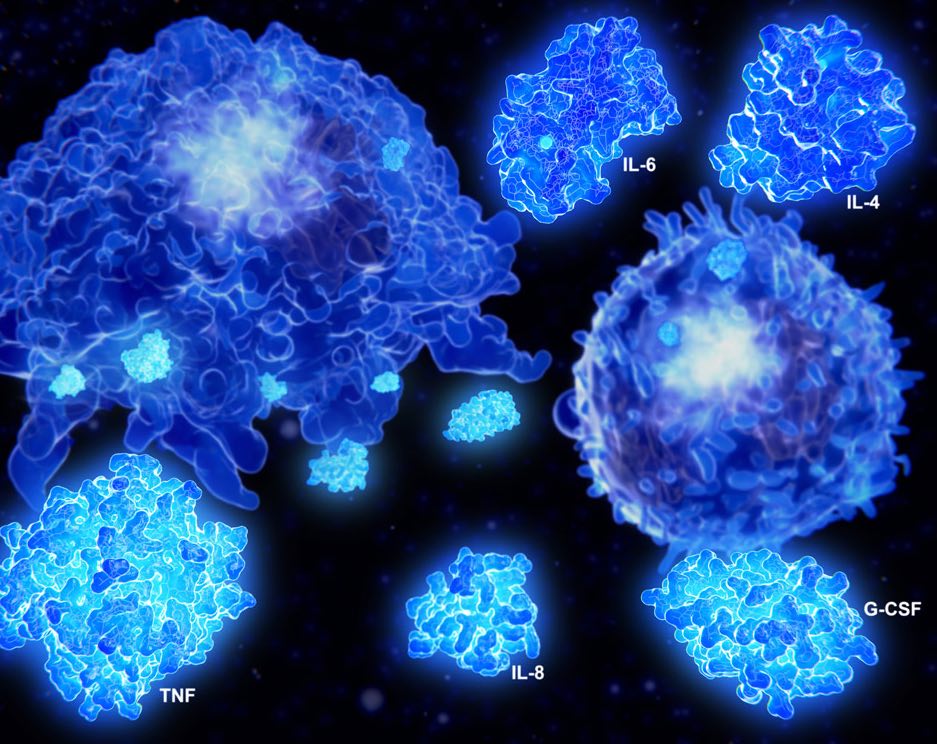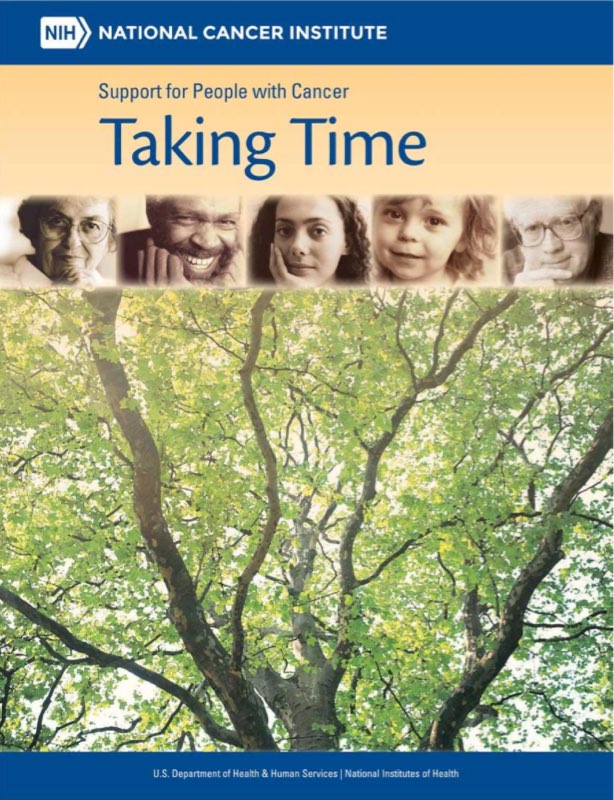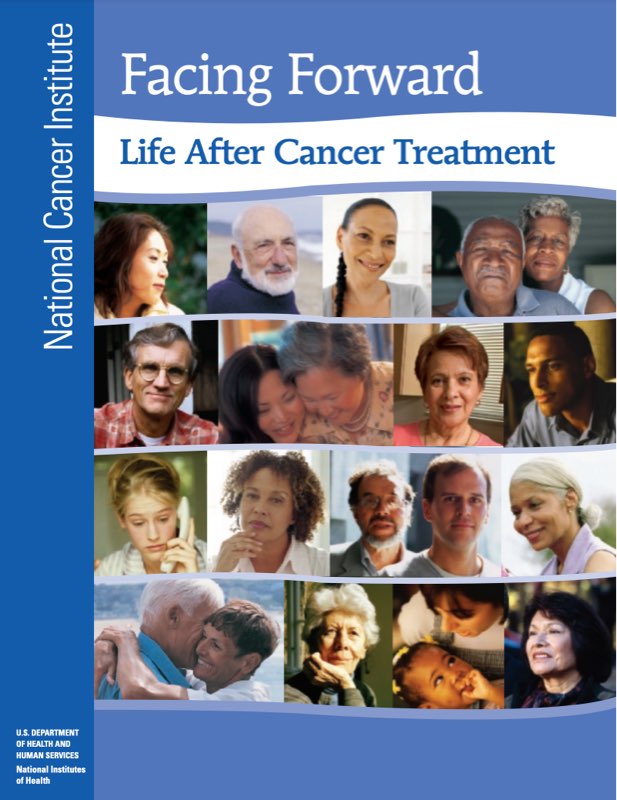Information is everything.
Whether you’d like a deeper understanding of your immune system’s role in your disease or are looking for help managing physical and emotional symptoms, we are here to help.
ARTICLES
The gut microbiota: Its link to cancer, Covid-19, and autoimmune disease
The intestine has become one of the most important organs in disease prevention, because of its microbiome.
The immune system: The body's defense against cancer & foreign invaders
The innate and adaptive immune systems work cooperatively, with the adaptive system relying on the innate system to let it know about potential pathogens.
Cancer immunotherapy: Types of treatment used in oncology today
There are several therapies used to stimulate or restore the body’s own immune system to fight infection and disease.
Cytokines: Important cell communication molecules
Cytokines are regulators of adaptive and innate immunity that enable cells of the immune system to communicate.
LIVING WITH CANCER
Having cancer changes your life and the lives of those around you. It’s important to communicate with your family and loved ones regarding the many emotions that come with having the disease.
This booklet offers support and help with talking about the emotions and stressors that come with having cancer, including:
- The different feelings you may have and how to cope with and talk about them
- Changes for your family and ways to communicate concerns
- Talking to your health care team about your cancer and what questions to ask
- Getting help and support from family and friends
- Coping with a new self-image and body changes
- Managing your day-to-day life with cancer
Source: National Cancer Institute →
SURVIVORSHIP
Today’s advances in research and cancer care have greatly increased survivorship of those diagnosed and treated for cancer.
Once their cancer is in remission, the energy and focus of survivors shifts from fighting the disease to adjusting back into everyday life. This booklet addresses many of the issues confronting cancer survivors, including:
- Your new normal after treatment
- Getting appropriate follow-up medical care
- Changes to make for health and wellness
- Ways to manage emotional and physical symptoms
- Finding a support group
- Going back to work and relating with friends and coworkers
Source: National Cancer Institute →






